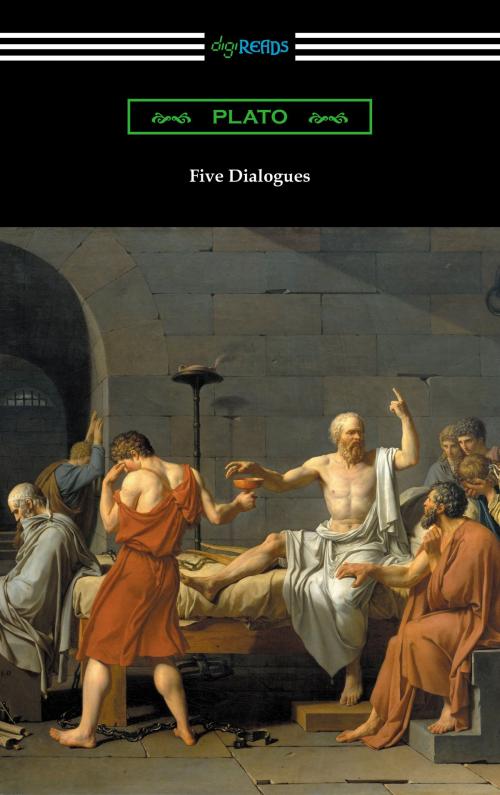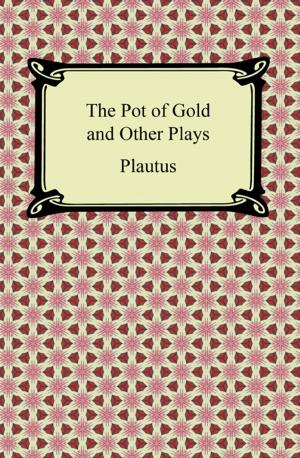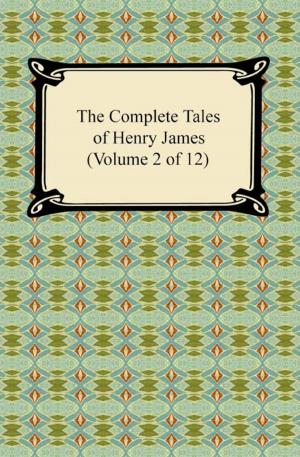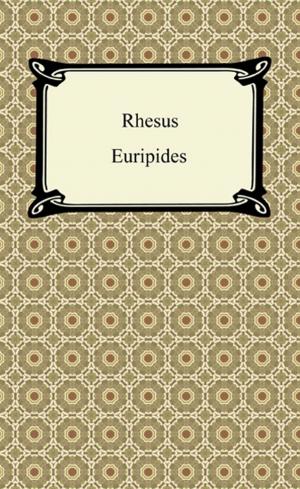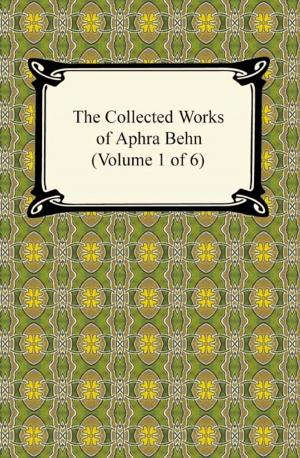| Author: | Plato | ISBN: | 9781420951639 |
| Publisher: | Neeland Media LLC | Publication: | July 31, 2015 |
| Imprint: | Digireads.com Publishing | Language: | English |
| Author: | Plato |
| ISBN: | 9781420951639 |
| Publisher: | Neeland Media LLC |
| Publication: | July 31, 2015 |
| Imprint: | Digireads.com Publishing |
| Language: | English |
The ancient Greek philosopher Plato was born around 425 BC to an aristocratic family. He was the most famous student of Socrates and would eventually go on to form his own school, the Academy. Plato’s dialogues are among the most popular of all writings from classical antiquity. Plato wrote his dialogues to record the wisdom that Socrates had imparted to his students. Plato’s works “Euthyphro,” “Apology,” “Crito,” “Meno,” and “Phaedo” are featured in this collection. These dialogues feature Socrates speaking with a student or friend about the philosophical concerns of laws, the virtue of mankind, the purpose of the gods, and death. Each dialogue searches through different facets of philosophy and makes the reader question their own personal beliefs and morals. While there is no underlying storyline, the dialogues follow important moments in Socrates’ life, from his trial to his death. Socrates was charged by the government for not believing in the Greek gods and was eventually put to death by having to drink poison. Plato’s works strove to record and safeguard his teacher’s wisdom for future generations to discover. This edition follows the highly regarded translations of Benjamin Jowett along with his introductions and also includes a biographical afterword.
The ancient Greek philosopher Plato was born around 425 BC to an aristocratic family. He was the most famous student of Socrates and would eventually go on to form his own school, the Academy. Plato’s dialogues are among the most popular of all writings from classical antiquity. Plato wrote his dialogues to record the wisdom that Socrates had imparted to his students. Plato’s works “Euthyphro,” “Apology,” “Crito,” “Meno,” and “Phaedo” are featured in this collection. These dialogues feature Socrates speaking with a student or friend about the philosophical concerns of laws, the virtue of mankind, the purpose of the gods, and death. Each dialogue searches through different facets of philosophy and makes the reader question their own personal beliefs and morals. While there is no underlying storyline, the dialogues follow important moments in Socrates’ life, from his trial to his death. Socrates was charged by the government for not believing in the Greek gods and was eventually put to death by having to drink poison. Plato’s works strove to record and safeguard his teacher’s wisdom for future generations to discover. This edition follows the highly regarded translations of Benjamin Jowett along with his introductions and also includes a biographical afterword.
